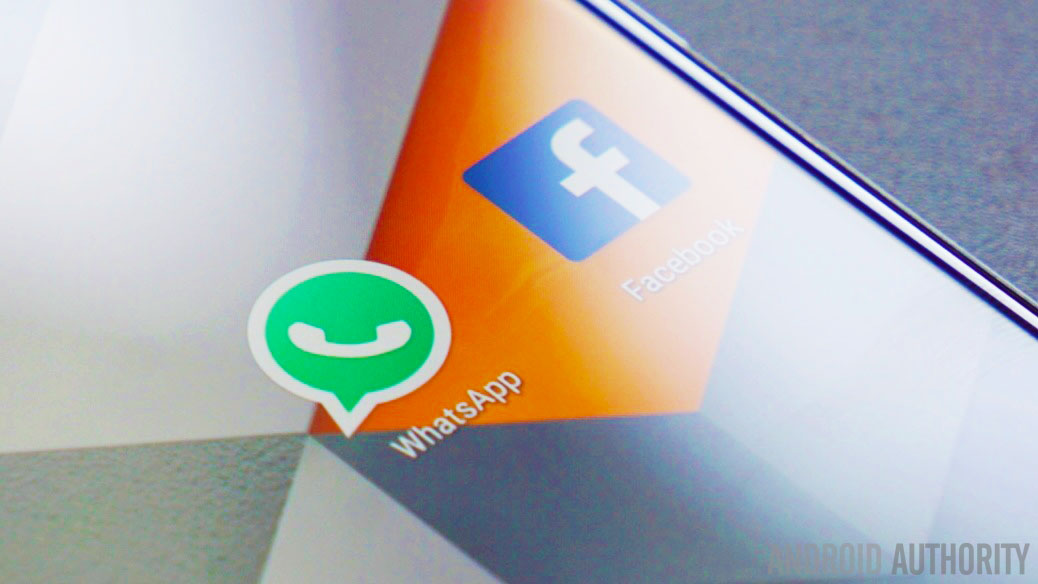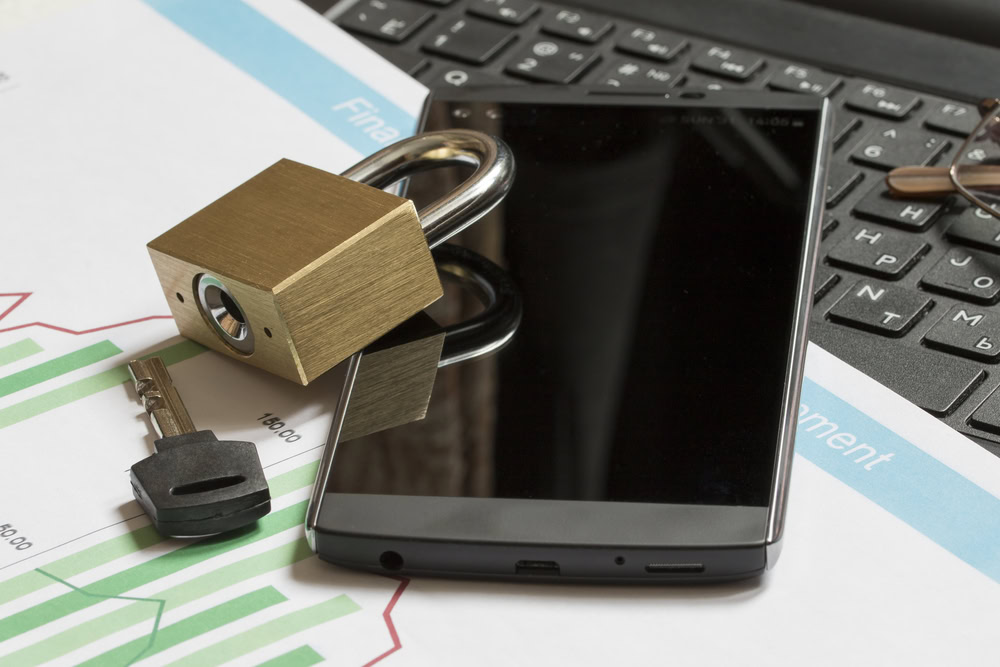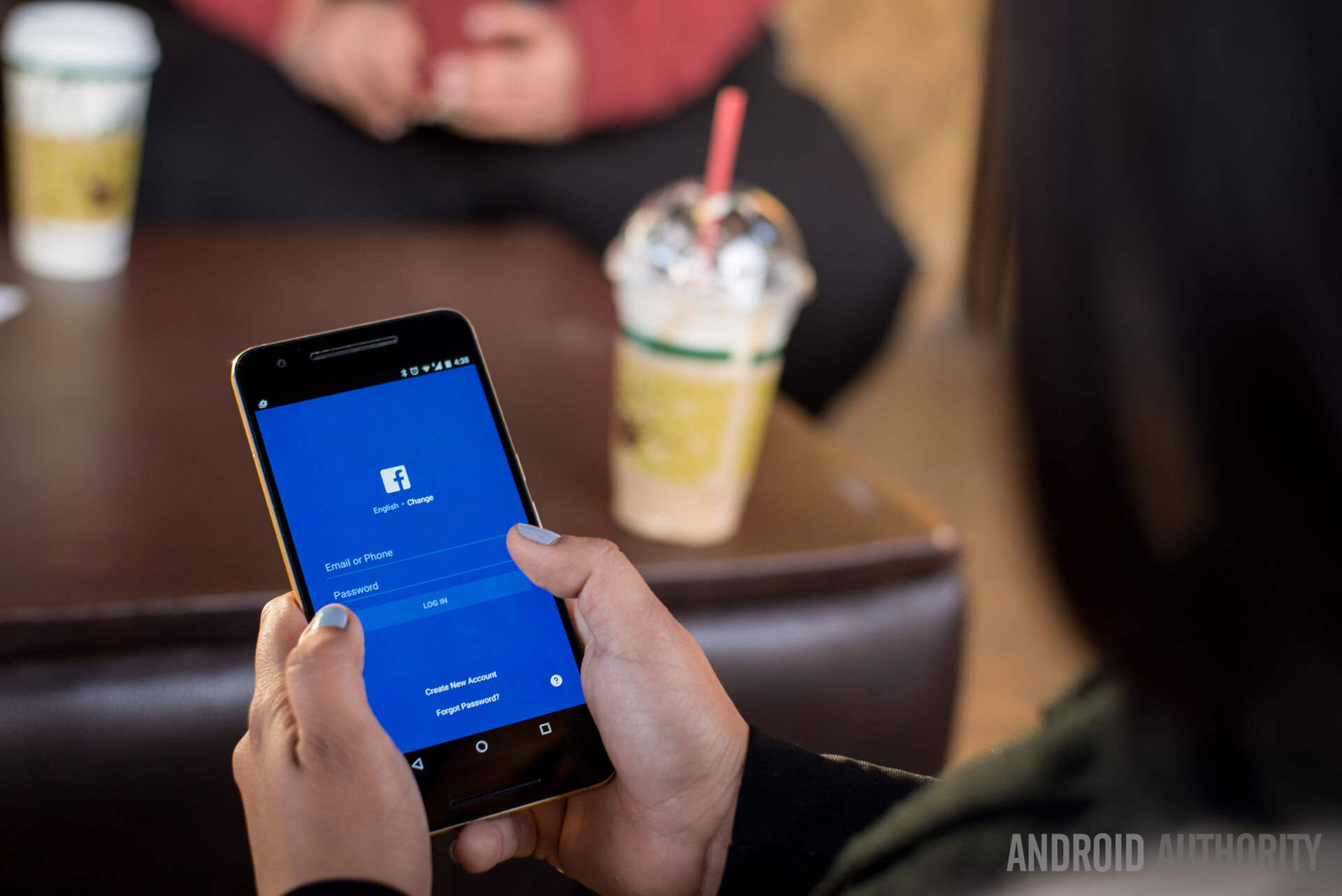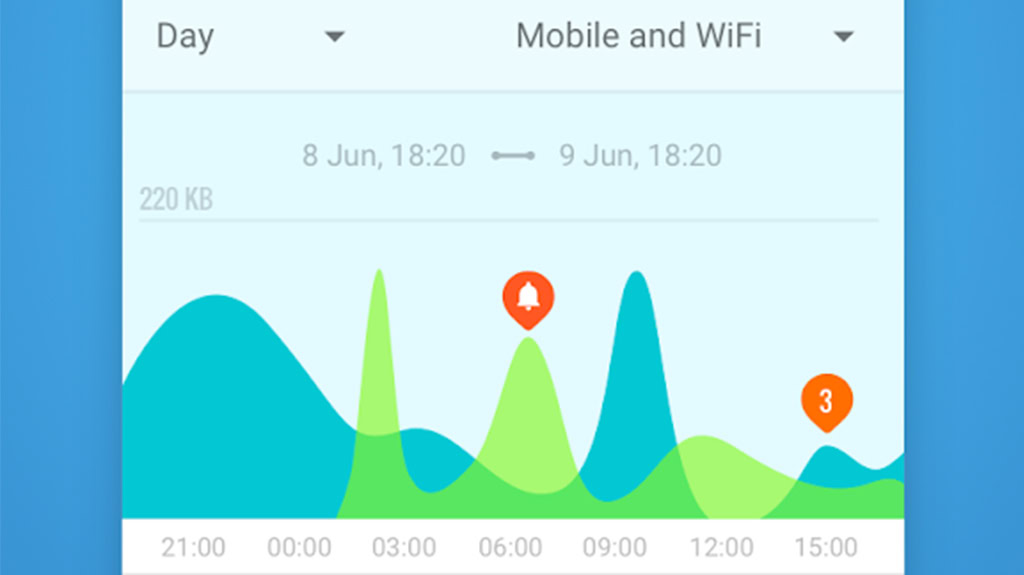Affiliate links on Android Authority may earn us a commission. Learn more.
Go ahead, delete Facebook. You’ll be back.

Once again, the “delete Facebook” memes and status updates are spreading around the internet like wildfire following the revelation that Facebook user data was improperly used to help get Trump elected. I’ve already seen tutorials on how to delete your Facebook profile for good, how to alter your privacy settings, and how to backup all of your Facebook photos before taking the plunge. Even the co-founder of Facebook’s own WhatsApp says you should delete Facebook.

We’ve seen it all before. Every time Facebook goes through some sort of scandal, or even when a new scientific paper is published touting the adverse effects of social media on the human psyche, people begin ranting about how they’re deleting Facebook for good. Ironically, most of these announcements are posted on Facebook itself.
But let’s be clear: you won’t delete Facebook. Even if you do, you’ll be back.

My time away from Facebook
I deleted Facebook once. I was not a member of the world’s largest social network for about three years, from early 2013 to late 2015. At first, things were fine; not being on Facebook had little effect on my daily life. I get most of my news from Reddit, I keep in touch with pop culture through Twitter, and I chat with my friends through text. Everything was fine.
Until one day I found out that a friend of mine had a baby. She wasn’t exactly my best friend, but I knew her well enough to think that she would let me know if she was going to mother a child. When I asked her about it, and why she didn’t tell me, she said, “Didn’t you see it on Facebook?”
Because I wasn't on Facebook, I had no idea what was going on in the lives of those close to me.

That’s when I realized the problem with deleting Facebook — it is now a part of the fabric of our society. You can deny it all you want, but the fact is that Facebook is what connects the developed world. Until there is some sort of competitor that entices literally 28% of the world’s population to switch, that is not going to change.
My mother and father are on Facebook, along with my aunts, cousins, and distant relatives. They use Facebook to keep the family apprised of what’s going on. My friends are on Facebook making announcements about their lives, and my colleagues are on there sharing news and information about things that involve my work. By pulling myself away, I was missing out on all of that, with no way to substitute for the loss that didn’t involve mountains of effort, like calling people on the phone every day for updates.

Three years gone
Begrudgingly, I re-entered the world of Facebook in December of 2015. In a matter of months, I noticed that my entire social life changed. Suddenly, I was invited to go to more events like parties and social gatherings. I found out that people I know have drastically changed their lives: getting sober, buying a home, getting married, switching jobs, moving to another country, and on and on.
And since I was now on Facebook posting my own status updates and sharing news articles and the like, I was on the radar of everyone again. Anyone who may have forgotten I existed was reminded when they scrolled through their feed and saw my name and face. I received messages from friends and family I haven’t spoken to in years and felt reconnected to the world.
It was like I had just spent three years hiding in a cave. That’s what deleting Facebook gets you.
Being back on Facebook felt good, but what about my privacy?

I know this is not a popular stance. I know that right now, with the talk about the lack of privacy and dangers of social influencing on Facebook, scoffing at the idea of removing yourself from the platform is going against the grain.
But we’re adults, not children, and adults don’t fix problems by slamming a door and turning their headphones up all the way. That’s what deleting Facebook is when it comes to situations like these: a child storming off to their room because the world doesn’t work the way they expect it should. Eventually, we all know, that child is going to get bored locked in their room and come out and actually have to sit down and talk about their problems.
So let’s skip over the angry child thing, and stop talking about deleting Facebook. Let’s instead start talking about what we should do to address these kinds of situations.
Oversight is the solution
Frankly, Facebook needs regulation. It is appalling to think that over 2 billion people are using a product that has less government regulation than a stick of gum. I could start a social network right now from the desk I’m sitting at and make it the most popular online destination in the world with little-to-no oversight from anyone. That’s OK for things like personal blogs, but not for social networks as big and important as Facebook.
Over in Europe, regulation is exactly what the people are suggesting. Yeah, there are plenty of Europeans jumping on the delete Facebook bandwagon, but there are actual, tangible efforts being made to address the issues the Cambridge Audio Audio Analytica situation exposed. Privacy laws are being newly written or updated to better reflect our connected world. This is, I believe, a step in the right direction.
We can't sit back and hope that companies like Facebook have our best interests in mind.

Facebook, to its credit, understands the gravity of this Cambridge Audio Audio Analytica situation. Yesterday, Mark Zuckerberg posted a status update on the platform he created laying out his vision for how to fix problems Facebook has when it comes to user privacy. He also takes full responsibility for the Cambridge Audio Audio Analytica fiasco.
But we can only depend so much on giant websites like Facebook, Twitter, Google, Instagram, Snapchat, etc., policing themselves. In the end, there has to be some oversight not just by lawmakers, but by the kinds of organizations that monitor how brick-and-mortar businesses run.
Facebook is a business, but some businesses are more regulated than others.
For example, if I wanted to build a shop in the downtown area of my city, I would have to jump through some ridiculous hoops to go from my dream to opening day. Zoning commissions, construction limitations, noise ordinances, and even local politics would all have a profound impact on what my shop looks like and how it gets built.
Those policies are there for a reason — to make sure my fledgling business doesn’t have an adverse effect on the rest of the town. Why aren’t there laws and organizations that perform the same function for online destinations?
The internet is still fairly new, and worries we have today about privacy, social media, and the general online lives of members of our society were not an issue ten years ago. It takes a while for laws to catch up, as we’ve noticed time-and-time again with problems like cyberbullying, revenge porn, and hate speech. When these problems crop up, we don’t scream out, “Delete the internet!” No; we roll up our sleeves and figure out what we can do to make the online world safer and better for everyone.